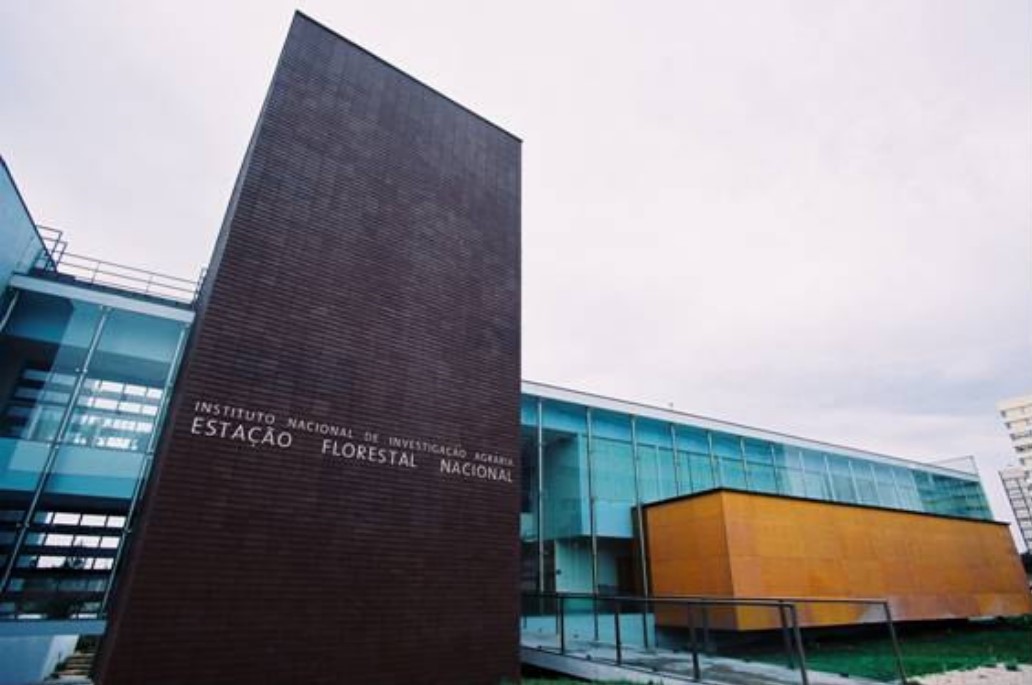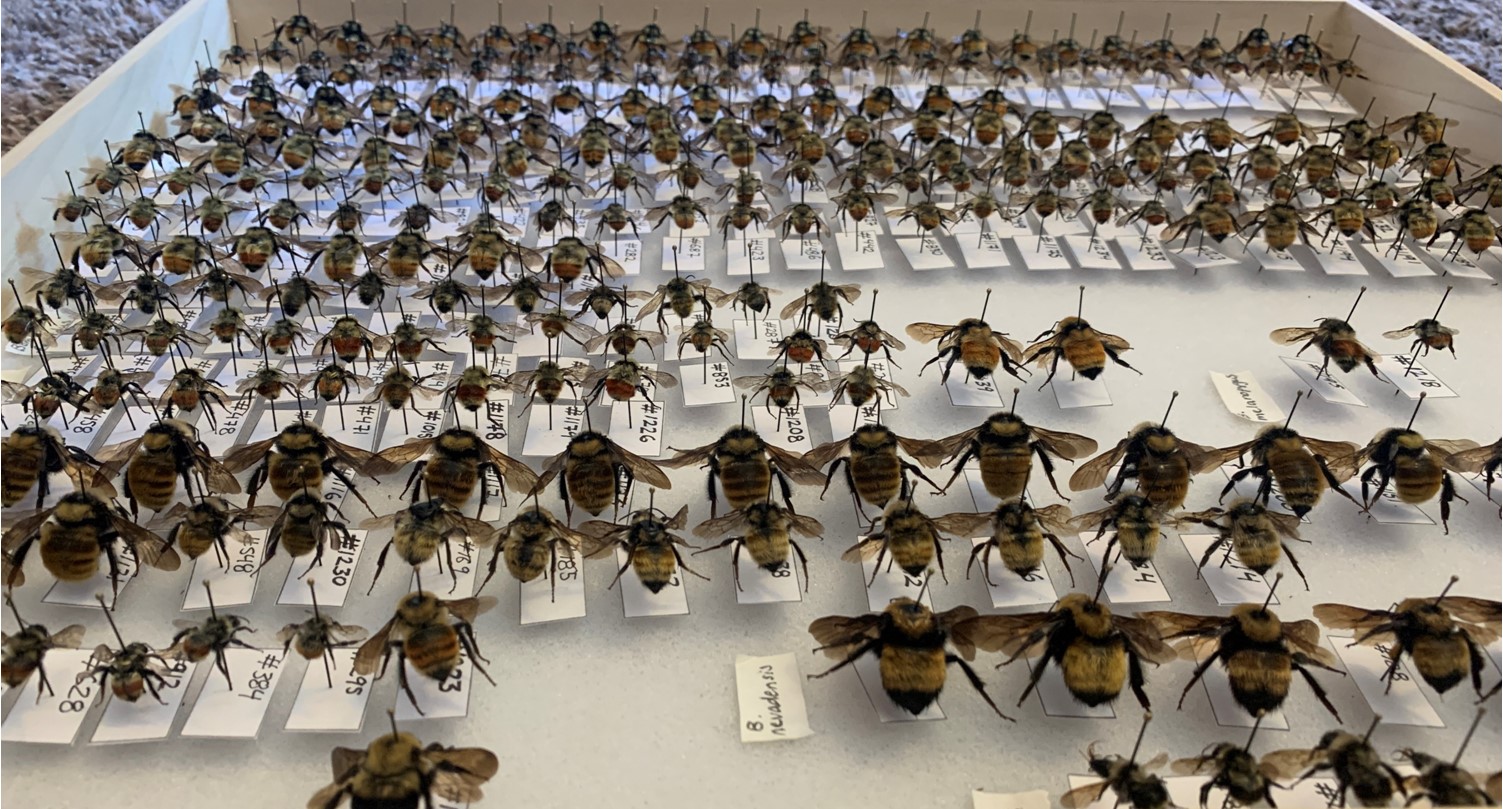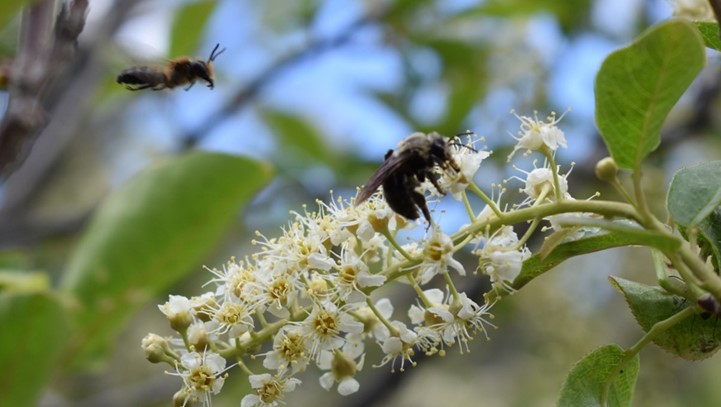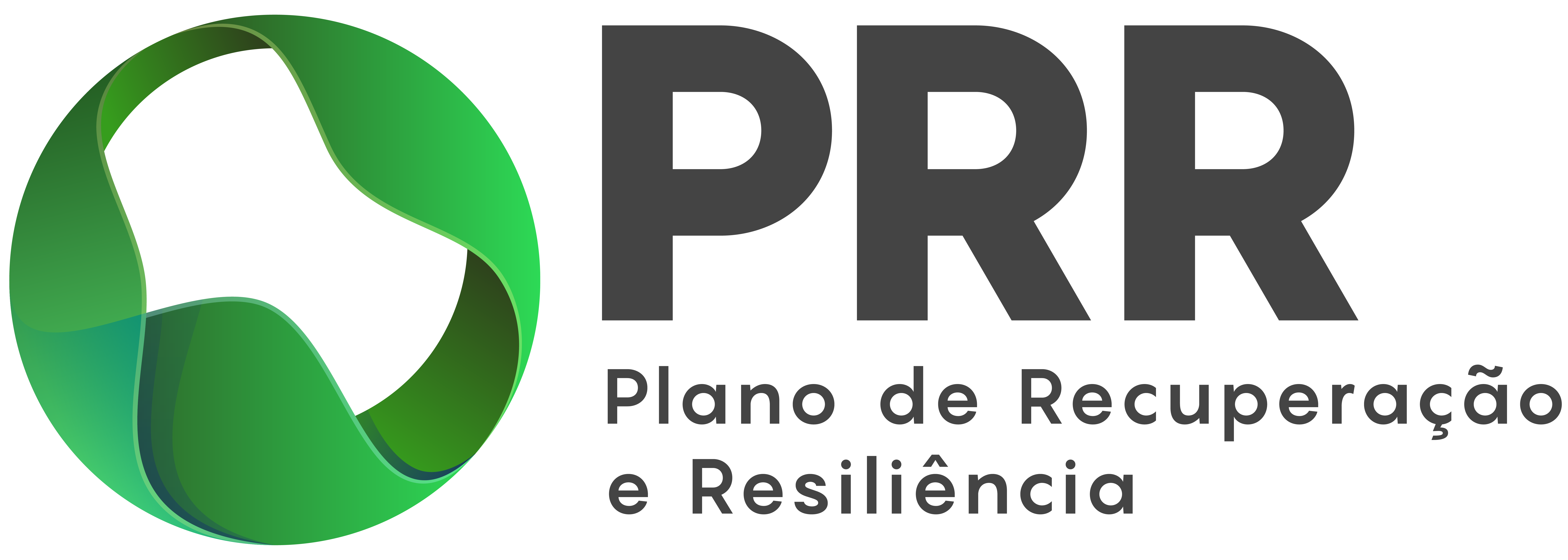
bee communitiesDisturbanceEcosystem managementForest
Disturbance, ecosystem management, and forest bee communities
Auditório Edifício Estação Florestal Nacional, 23 Novembro, 11h00
Overview of topic
- Wild bees are incredibly biodiverse and support essential ecosystem services
- Land use change and natural disturbances, including wildfires, forest thinning, and insect outbreaks, have important and sometimes unpredictable effects on plant-pollinator networks
- A set of trophic cascades can enhance conditions for wild bees, and can be exploited by managers to improve ecosystem services

Thomas ‘Seth’ Davis
Speaker bio
Thomas ‘Seth’ Davis is an Associate Professor of Forest Entomology at Colorado State University (Fort Collins, Colorado, USA) with a research focus on insect biodiversity, behavior, and ecology in the alpine ecosystems of the Rocky Mountains. Davis completed an undergraduate degree in forestry, a masters degree in forest entomology, and doctoral degree in forest science at Northern Arizona University before going on to work for the USDA (Agricultural Research Service), University of Idaho, and California Polytechnic University. Recent projects examine how a variety of biotic and abiotic disturbances impact the habitat conditions and species richness of wild bee communities, and indicate that both non-native plants and insects can have surprising and sometimes positive effects on plant-pollinator interactions in montane ecosystems.

















